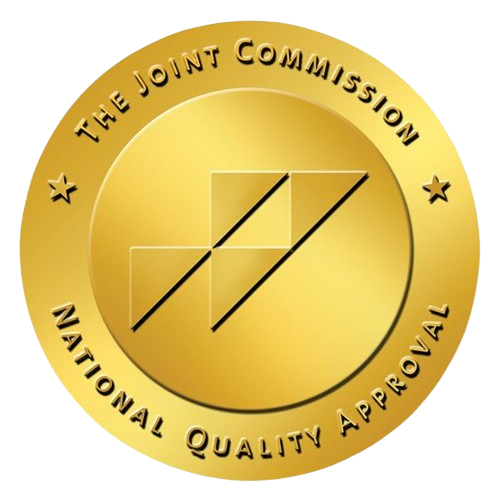
In the fast-paced, high-tech world of modern healthcare, it’s easy to focus on the charts, the data, and the machinery. But what about the human connection? A growing body of evidence shows that compassion is not a “soft skill,” but a critical component of quality care, a catalyst that improves patient outcomes, boosts professional resilience, and benefits the entire healthcare system.
But what does compassion truly mean in a clinical setting? And how can we cultivate it when our systems are so often stretched to their limits?
Beyond “Being Nice”: What Compassion Really Is
Compassion isn’t just a feeling of sympathy; it’s empathy in action. The healthcare community defines it as recognizing another’s suffering and being moved to help alleviate it. It’s a powerful combination of understanding, empathy, and a genuine motivation to provide comfort.
This distinction is crucial. While sympathy might say, “I feel sorry for you,” compassion says, “I’m here to help.” It transforms a passive sentiment into a proactive force for healing.
The Ripple Effect: Tangible, Data-Backed Benefits
When compassion is woven into the fabric of care, the results are measurable and profound.
For Patients, it’s a powerful catalyst for healing. Research consistently shows that when patients feel genuinely cared for, they experience significantly better results.
-
- Improved Health Outcomes: A study of over 9,000 diabetic patients found that those receiving compassionate care had better blood glucose control and 41% fewer complications requiring hospitalization.
-
- Greater Treatment Adherence: Patient-centered communication, a cornerstone of compassion, is associated with a 62% higher chance of patient adherence to their prescribed treatment plans.
-
- Increased Trust & Safety: Compassionate interactions foster the trust needed for open dialogue, helping to identify potential risks and reduce medical errors.
For Healthcare Professionals, it’s a shield against burnout. In a field where up to 60% of physicians report symptoms of burnout, practicing compassion can be deeply restorative.
-
- Reduced Burnout: Studies show a strong negative correlation between self-compassion and burnout. In one hospital study, a focus on compassionate care contributed to a 4.7% reduction in employee turnover.
-
- Renewed Sense of Purpose: A staggering 87% of physicians who reported losing their enthusiasm for medicine attributed it to the inability to provide empathic care. Fostering compassion restores this vital sense of purpose.
-
- Stronger, More Resilient Teams: A compassionate environment promotes mutual support and collaboration, creating a healthier workplace culture for everyone.
For Healthcare Systems, it’s a sound strategy. The benefits extend to the entire organization, leading to more efficient and effective operations.
-
- Lower Costs & Fewer Lawsuits: Patients who have a strong, compassionate relationship with their physician are three times less likely to leave a practice. This loyalty, combined with better outcomes and fewer errors, is also associated with a lower incidence of malpractice claims.
-
- Enhanced Reputation: In today’s healthcare landscape, patient satisfaction is directly tied to reputation and even reimbursement. Compassionate care is a key driver of these positive ratings.
The Challenge: Why Is Compassion Sometimes Hard to Find?
Despite its clear advantages, systemic pressures often create barriers. High workloads, administrative burdens, and time constraints can make it difficult for even the most caring professionals to connect with patients on a human level. This isn’t a failure of individual character; it’s a challenge of the system.
Cultivating a Culture of Compassion
Fostering compassion requires intentional effort. It starts with leadership modeling empathetic behavior and includes training in active listening and communication. Crucially, it means designing systems that reduce administrative tasks to free up clinicians for what matters most: caring for the person, not just the condition.
As technology continues to advance, let’s ensure it serves to enhance our humanity, not replace it. Let’s build a future where technology handles the logistics, so humans can focus on the healing. Because at the end of the day, the heart of healthcare will always be human connection.
What are your thoughts? How can we better support and cultivate compassion within our healthcare teams and organizations?
Sources for Further Reading:
-
- “Exploring the impact of compassion and leadership on patient safety and quality” – BMJ Open Quality
-
- “Compassionate care enhancement: benefits and outcomes” – The Alda Center for Communicating Science
-
- “Self-Compassion Explains Less Burnout Among Healthcare Professionals” – National Center for Biotechnology Information (NCBI/PMC)
-
- “Building Compassion into the Bottom Line” – The Schwartz Center for Compassionate Healthcare
-
- “Can compassion help heal patients — and providers?” – Association of American Medical Colleges (AAMC)



